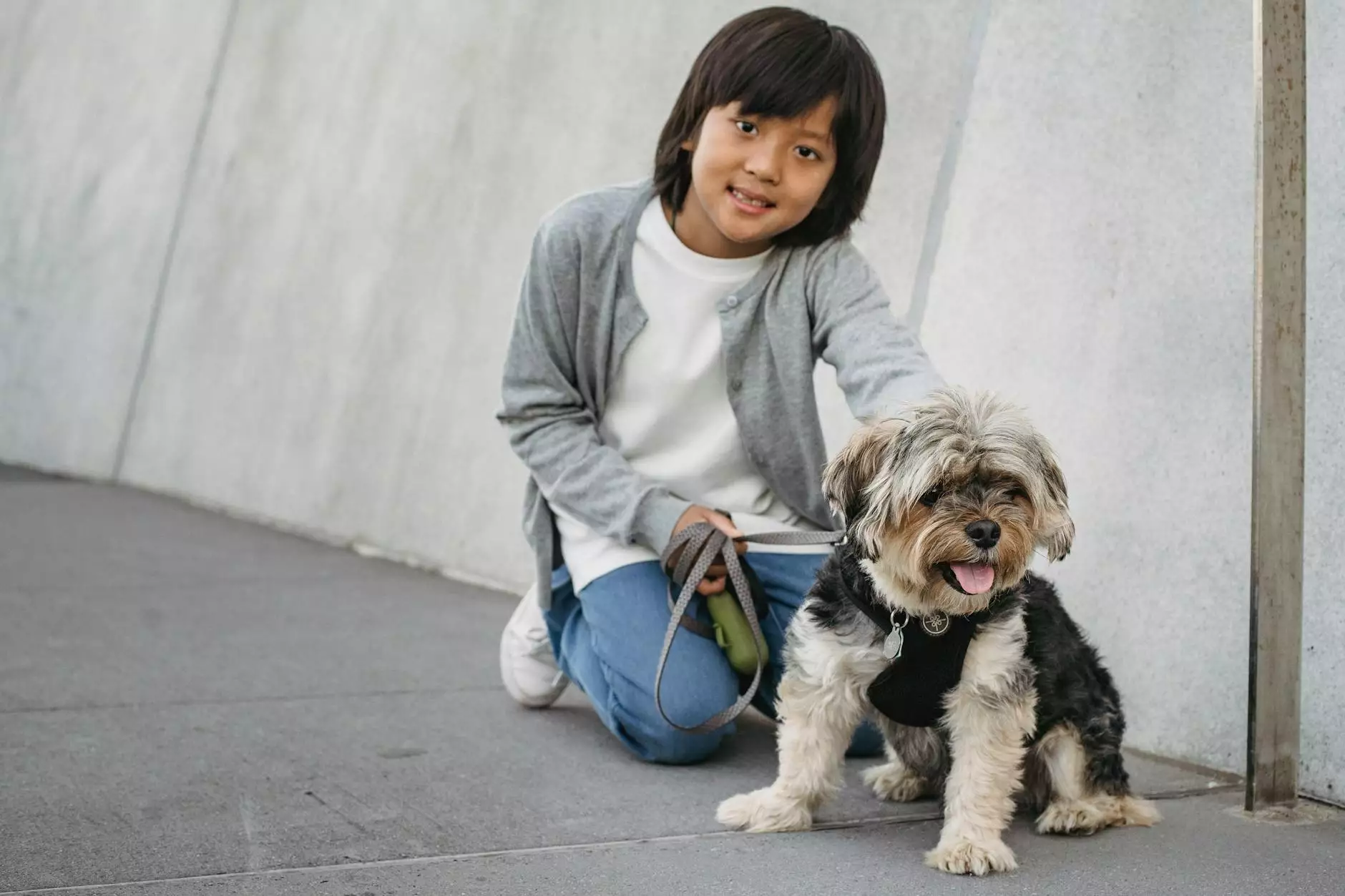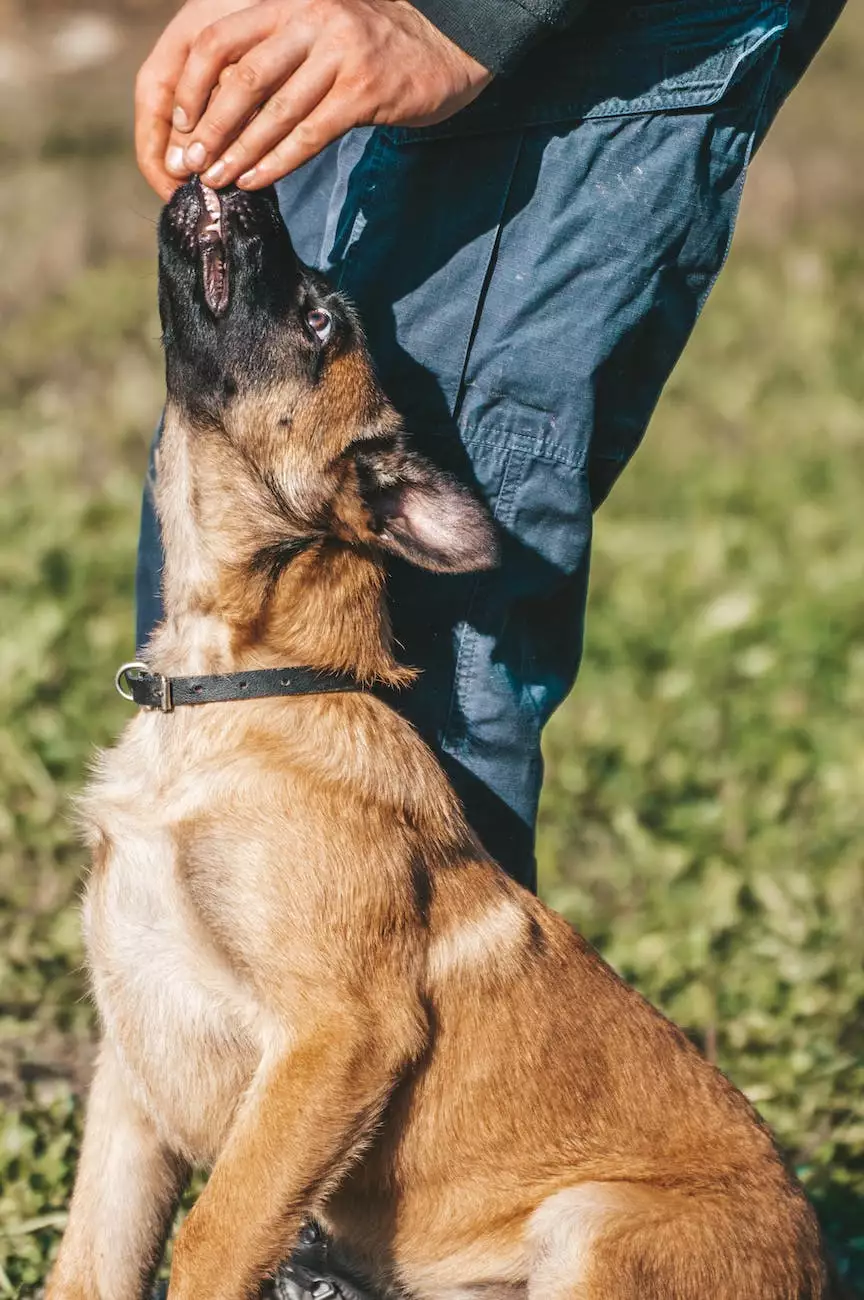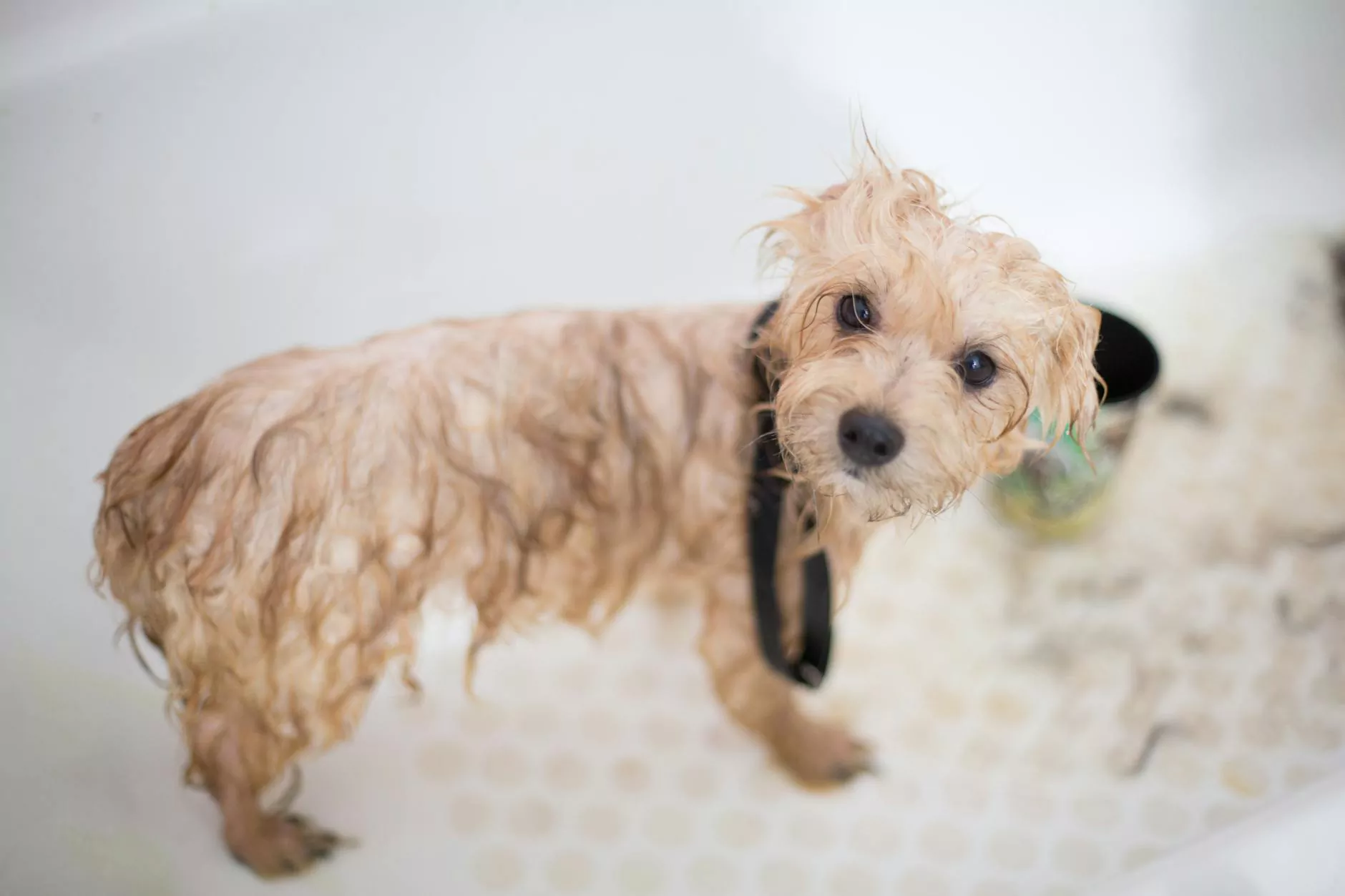Why does my dog bark at the mailman?
Blog
As a pet owner, you may often wonder why your beloved furry friend goes into a frenzy every time the mailman pays a visit. This common behavior is known as barking at the mailman, and it can be quite perplexing. In this comprehensive guide, Rosey Dog Care, a leading provider in the Pets and Animals - Pet Food and Supplies industry, will delve into the reasons behind this behavior and provide effective strategies to help curb it.
The Instinctual Nature of Dogs
It's important to understand that dogs, despite being domesticated, still retain many of their primal instincts. One of these instincts is their territorial nature. When the mailman approaches the house, your dog may perceive them as an intruder encroaching on their territory. This triggers a protective response which manifests as barking.
Additionally, dogs possess acute hearing abilities. They can pick up on slight noises, such as the sound of the mailman's footsteps or the opening and closing of the mailbox. These auditory cues can startle your dog, leading to barking as a way to warn everyone in the household.
Anxiety and Fear
Another contributing factor that may explain why your dog barks at the mailman is anxiety and fear. Dogs are creatures of habit and can become easily stressed by disruptions to their routine. The regular arrival of the mailman can provoke unease in your furry friend, especially if they haven't been properly socialized or exposed to different stimuli.
The mailman's uniform, complete with a hat and bag, can also be seen as unfamiliar and potentially menacing to your dog. This unfamiliar appearance can trigger fear-based reactions, resulting in excessive barking.
Protecting the Pack
While territorial instincts and fear play a role in your dog's mailman-related barking, the need to protect their pack is a significant factor. Dogs consider their human family members as part of their pack and feel a strong sense of loyalty towards them.
When the mailman approaches, your dog's protective instincts kick in as they perceive their pack members to be at risk. Barking serves as a warning mechanism to signal potential danger and ward off perceived threats.
Addressing the Behavior
Now that we've explored the reasons behind your dog's mailman-related barking, let's discuss some strategies to help alleviate and address this behavior:
- Socialization: Ensuring your dog is properly socialized from a young age can significantly reduce their anxiety towards unfamiliar people and situations. Expose them to various environments, individuals, and uniforms, allowing them to become more comfortable with different stimuli.
- Positive Reinforcement: Use positive reinforcement techniques to reward your dog for calm and quiet behavior when the mailman approaches. This could include treats, praise, or interactive playtime. Consistency is key to reinforcing positive habits.
- Desensitization: Gradually exposing your dog to the sights and sounds associated with the mailman can help diminish their fear response. Start by playing audio recordings of mail-related noises and gradually introduce visual stimuli such as uniforms or bags.
- Professional Training: If your dog's barking persists or escalates despite your efforts, seeking professional training from a reputable dog trainer or behaviorist may be beneficial. They can provide tailored guidance and techniques to address your dog's specific needs.
With patience, consistency, and the right approach, you can help your furry friend overcome their mailman-related anxiety and reduce excessive barking.
Contact Rosey Dog Care for Expert Advice
If you're struggling with your dog's behavior towards the mailman or any other pet-related concerns, Rosey Dog Care is here to help. With our extensive knowledge and experience in the pet industry, we offer expert advice and guidance to ensure the well-being and happiness of your furry companion.
Don't let barking at the mailman create stress for you and your dog. Reach out to Rosey Dog Care today and discover how we can assist you in fostering a harmonious relationship with your canine companion.




